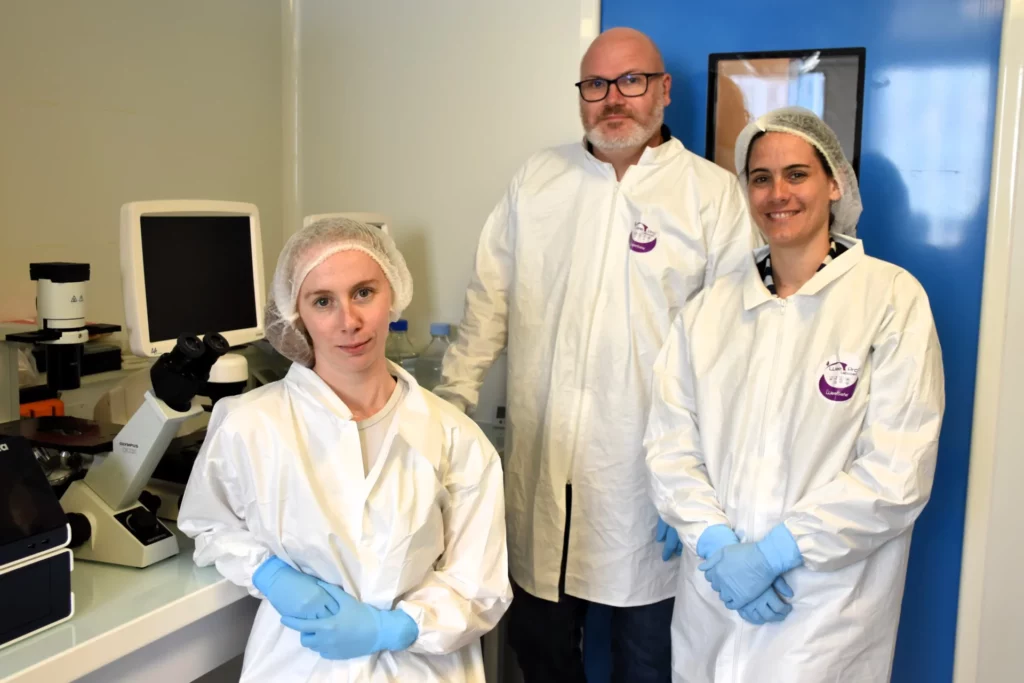The ICAN BioCell iPS platform
The possibility of developing induced pluripotent stem cells, or iPSCs, from adult cells, i.e. cells capable of differentiating into other adult cell types, has revolutionised the study of the molecular mechanisms of human diseases. This approach is particularly well suited to diseases of genetic origin. In this case, adult cells, in particular blood cells, are taken from sick donors carrying genetic mutations.
The ICAN BioCell iPS platform aims to develop new cellular models for research into cardiometabolic diseases. It is dedicated to the reprogramming of adult cells into induced pluripotent stem cells and their differentiation into different cell models (cardiomyocytes, endothelial cells, hepatocytes, adipocytes, etc.).
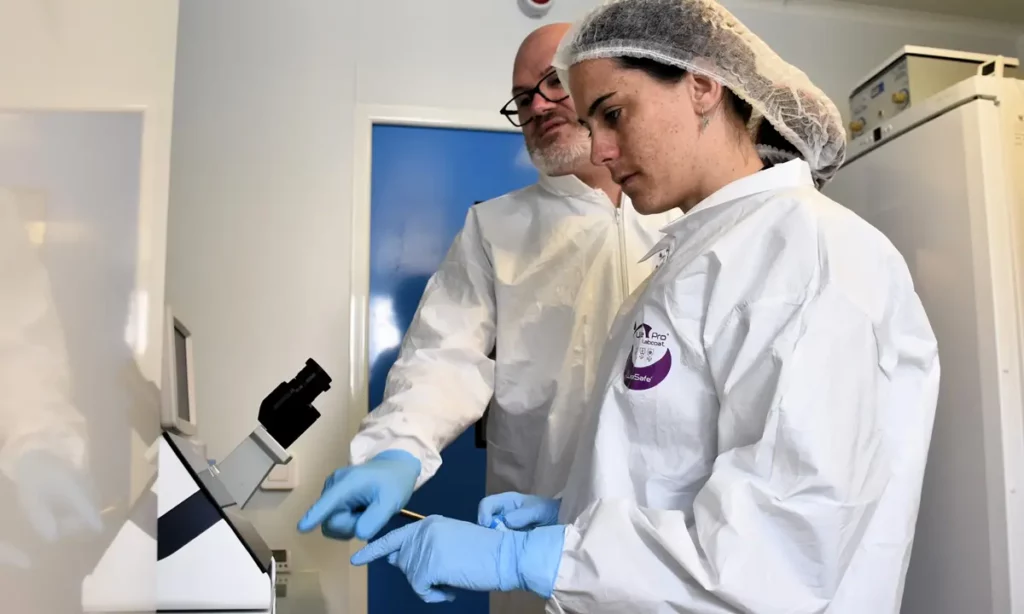
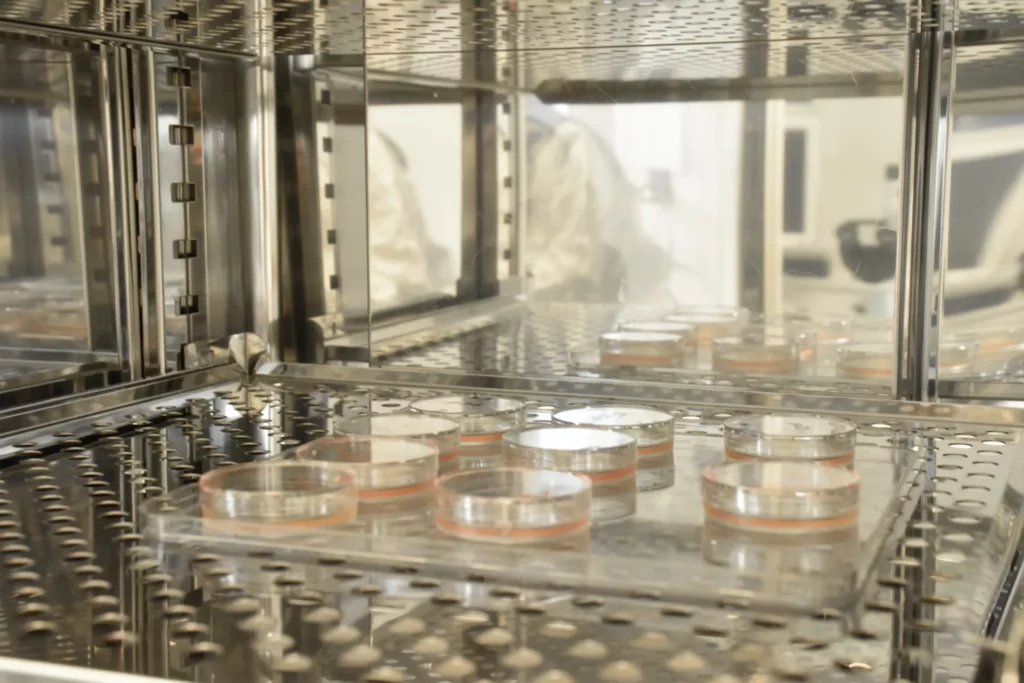
Our mission: production and genetic modification of iPS cells
- The ICAN BioCell iPS platform specialises in the production and genetic modification of iPSC cells, known as genome editing, and in their differentiation into adult cells such as cardiomyocytes, endothelial cells, adipocytes and hepatocytes.
- The ICAN BioCell iPS team is developing more complex humanised models in the form of organoids. These pseudo-tissues called organoids are generated in vitro to form beating cardiac muscle by combining cardiomyocytes, endothelial cells and cardiac fibroblasts. This cardiac organoid will enable complex interactions between these cells to be set up, making it possible to study certain physiological parameters such as action potential and cardiac rhythm.
- ICAN BioCell iPS also manages the generation of genetically modified iPSC clones using CRISPR/CAS9 technology, by inserting a corrective template into the genome in order to remove a mutation, to generate KI (knock-in) by inserting a mutated template into control iPSCs or KO (knock-out) by non-homologous recombination after cutting.
- The platform also has its own iPS lines and models for hypertrophic, dilated and arrhythmogeniccardiomyopathies.
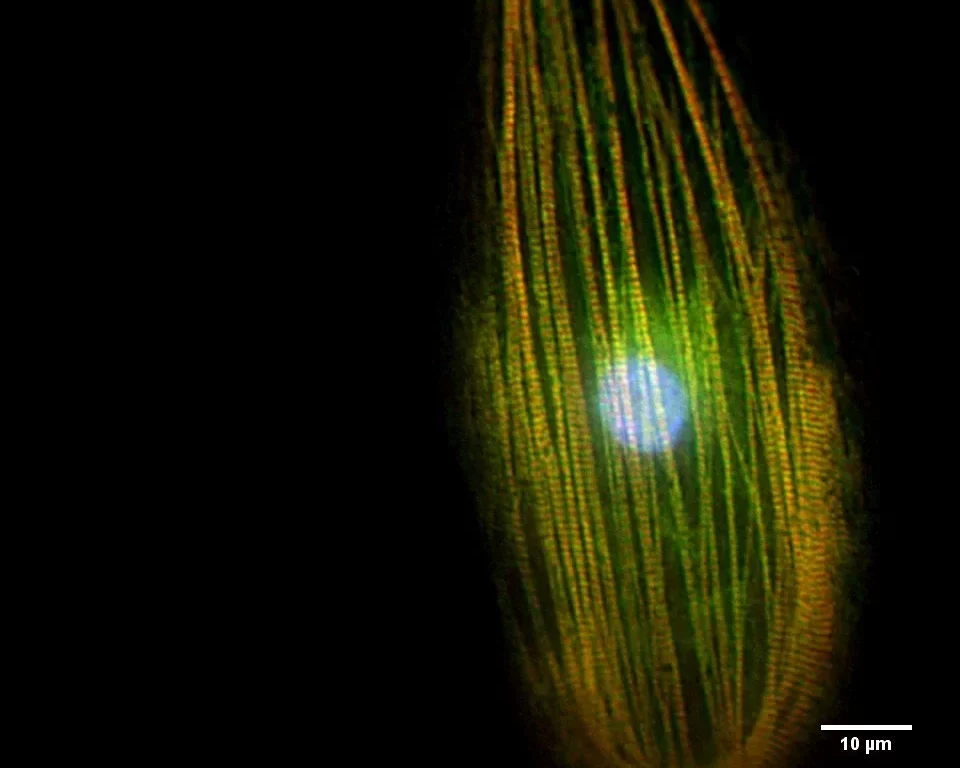
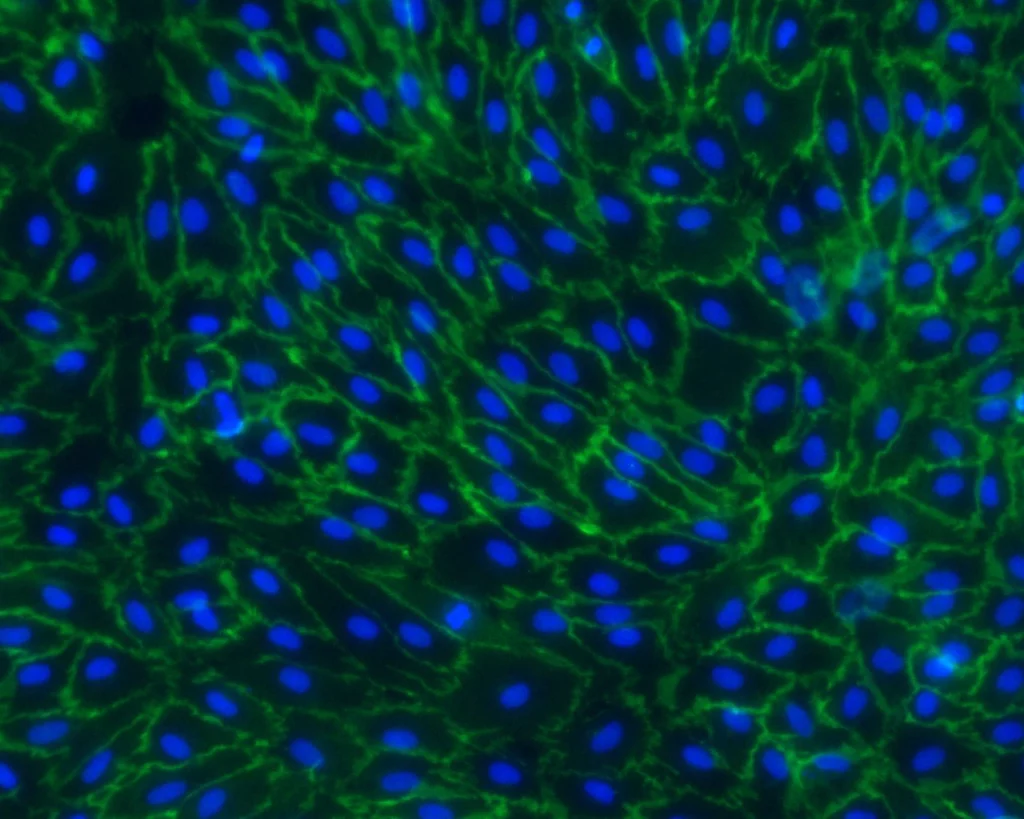
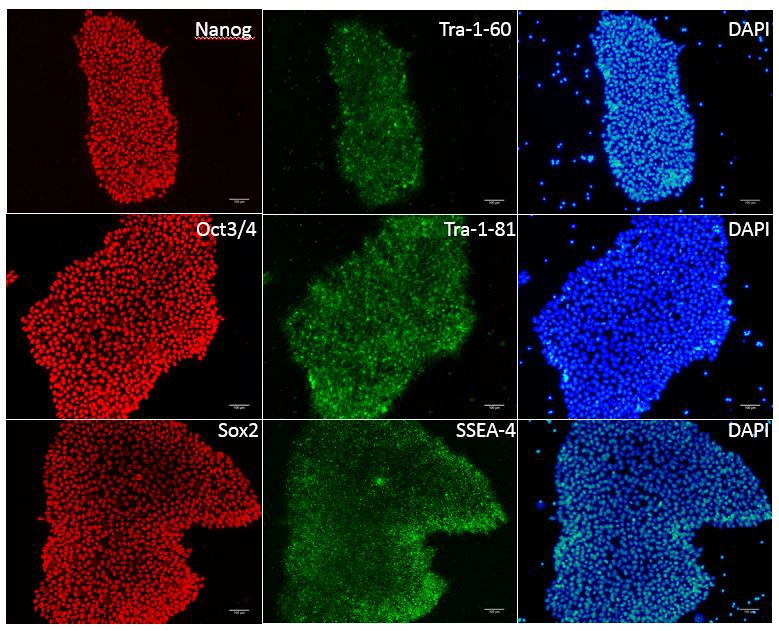
Our services
- Maintenance of iPSC cell lines
- Reprogramming of human adult cells into iPSCs
- CRISPR/CAS9 genome editing
- Differentiation and characterisation of iPSCs
- Training in iPSC culture and differentiation
The platform has an L2 laboratory equipped with
- 4 type II microbiological safety stations
- 3 Lynxx systems for passage and maintenance of iPSC lines
- 1 CO2 incubator dedicated to iPSC culture
- 2 CO2 incubators dedicated to the differentiation of iPSCs into mature cells
- 1 tri-gas incubator for reprogramming somatic cells (fibroblasts, PBMCs) into iPSCs
- A cell counter and microscope
Prices on quotation
Contact
Éric VILLARD
Scientific Manager
